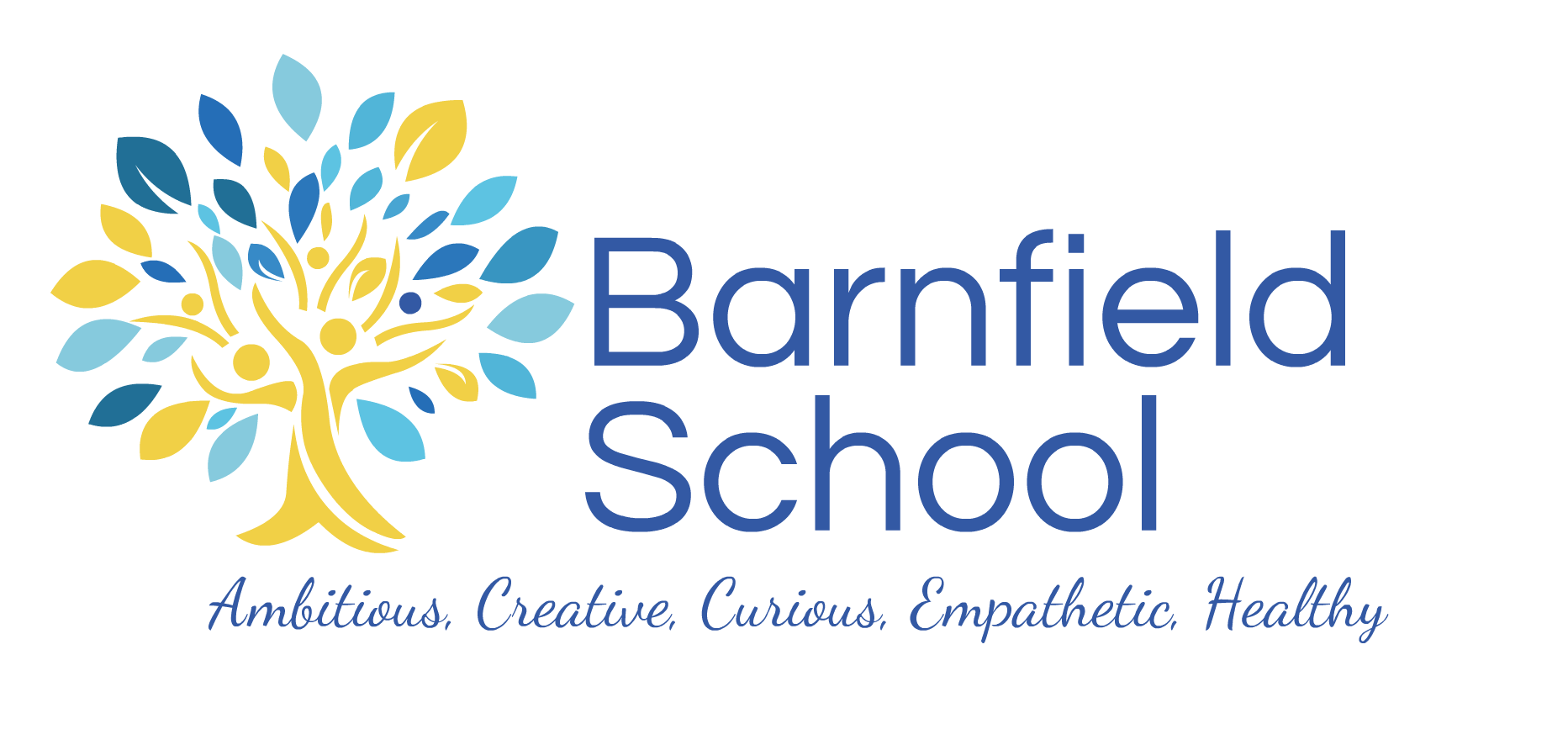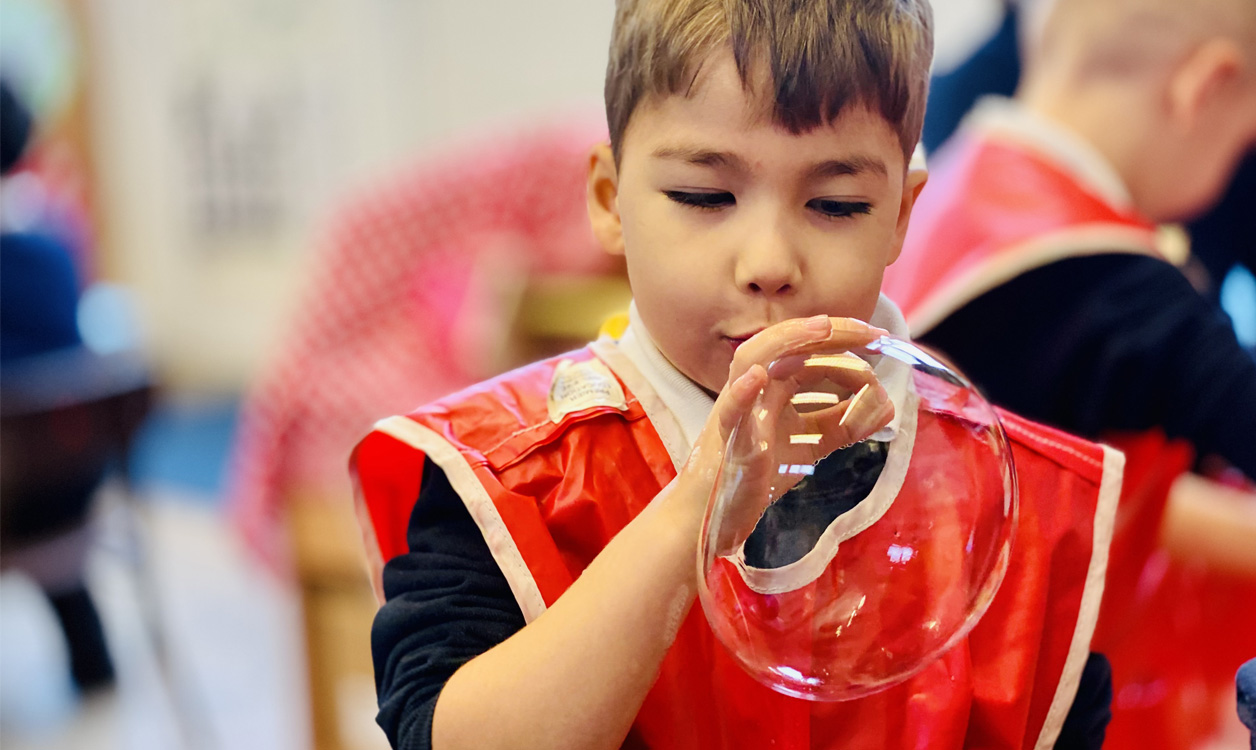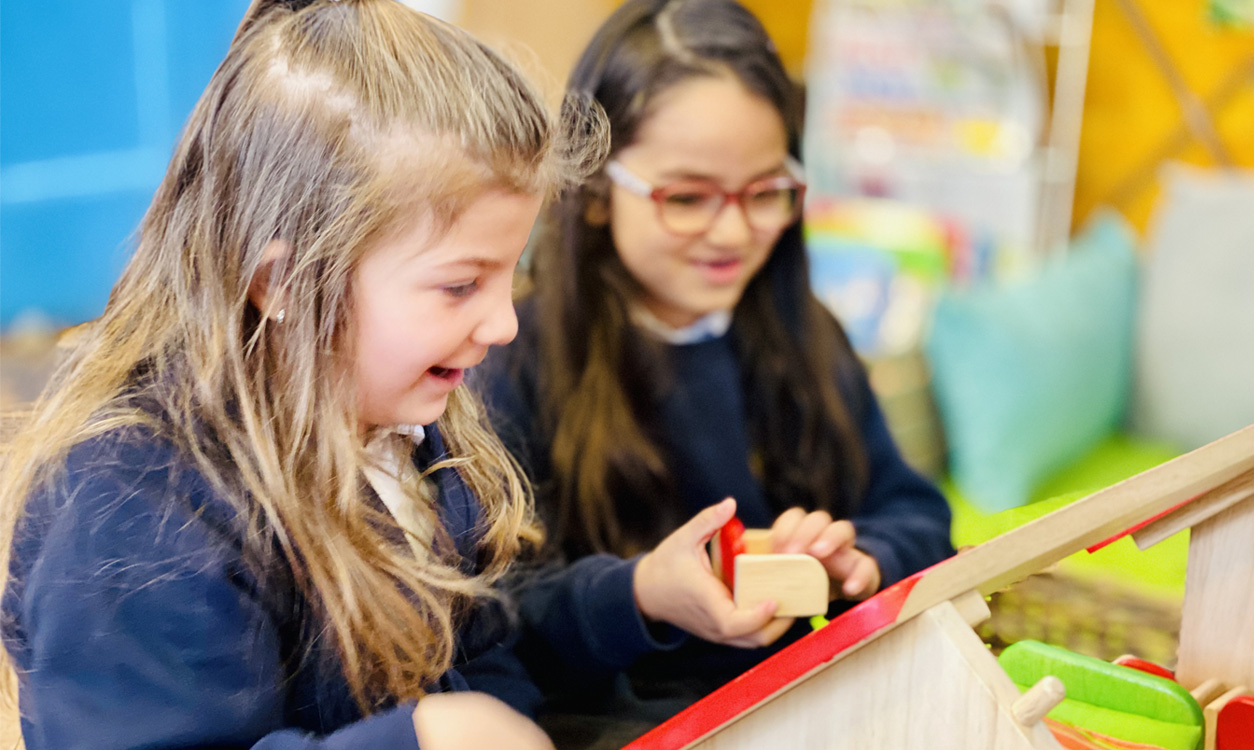Intent
At Barnfield, we place the child at the centre of all we do, we are very much about developing the whole child: personally, emotionally, socially and academically.
We do this through delivering a curriculum which centralises around our 5 learning principles:
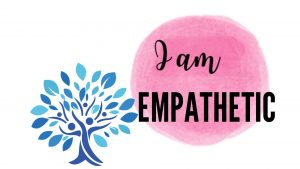
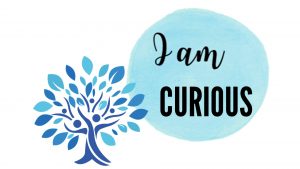
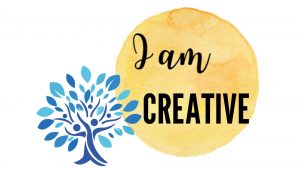

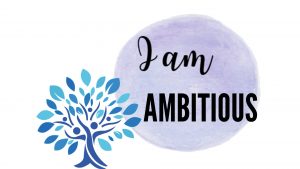
We provide a happy, positive environment where individuality is of paramount importance. To this end, we are all committed to ensuring our children achieve our school vision:
Be the best we can be
We follow the National Curriculum 2014 and have tailored and enhanced our curriculum considerably to meet the needs of Barnfield children. Our bespoke curriculum plan is inclusive, well-sequenced and progressive in order to enhance and develop our children’s knowledge and skills. Furthermore, we build our children’s cultural capital by equipping them with the essential knowledge to be educated and well-rounded citizens. We do this by developing their appreciation of creativity and achievement in literature, the arts, science, technology and sport.
We also believe in the power of YET… “I am unable to do this…YET!”
Our text-based learning ensures exposure and appreciation of high quality texts whilst exploiting a wide range of teaching and learning approaches to ensure all learning styles are met.
Quality of Education at Barnfield
Knowledge does not sit as isolated ‘information’ in pupils’ minds – our children need to acquire a deep body of knowledge so that their learning stays in their long-term memory.
Skill is the capacity to perform. Our children need to develop their skill set within a progressive and coherent structure.
Oracy can be defined as the range of speaking and listening skills, behaviours and language necessary for effective communication and collaboration. Oracy skills encompass physical, social and emotional, linguistic and cognitive aspects of learning.
We have enhanced our curriculum by ensuring our planned progression of skills development sits alongside an equally well-planned progression of knowledge acquisition which in turn sits alongside our planned progression of oracy skills development.
We base our curriculum on the pedagogy of Rosenshine’s 10 principles of instructions.
We distinguish between subject topics and threshold concepts.
· Subject topics are the specific aspects of knowledge that are studied
· Threshold concepts 9substanstive concepts) tie together the breadth of subject knowledge.
The same concepts are explored in a wide variety of different topics. Pupils will return to the same concepts over and over; gradually deepening understanding the subject.
Our progressive curriculum expectations, supported by clearly defined knowledge for each subject, enables children to deepen their understanding. As part of our progression model we use different teaching methods in each of the cognitive domains of basic, advancing and deep. This is based on the research that argues that more direct instruction should be in the early stages of learning and more independent learning approaches used later. We use direct instruction in the basic domain and problem based applications in the deep domain.
Implementation:
Rosenshine’s Ten Principles of Instruction at Barnfield School
What does Rosenshine look like in practice?
They are a set of steps that support Quality First Teaching which results in children making more progress and achieving better results whilst developing their confidence.
We use Rosenshine’s Principles to focus upon children’s growing acquisition of knowledge and their application of skills in school and beyond.
What are the 10 Principles?
1. Daily review – helps strengthen the connections of prior learning
2. New material in small steps – present new material in small steps so that each can be practised and mastered
3. Ask questions – truly effective questioning checks understanding and ensures misconceptions are tackled
4. Provide models – sufficient modelling, worked examples and teacher thinking out loud help clarify the steps
5. Guide pupil practice – provide close supervision and feedback for initial attempts to build confidence
6. Check pupil understanding – frequently check that pupils have understood
7. Obtain a high success rate – majority of the class must answer questions correctly before moving on to independent practice
8. Scaffolds for difficult tasks – needed to develop expertise but should be gradually withdrawn to achieve independence
9. Independent practice – frequent opportunities for pupils to do the things they have been taught by themselves, when they are ready
10. Weekly and monthly reviews – a powerful technique for building fluency, confidence and long-term memory. If pupils do not review the work, they will forget it
Impact
Because we believe that learning, in its simplest definition, is a change to long-term memory it is difficult to see progress in the short term.
We look at the pupil learning practices taking place in the classroom to determine whether they are appropriate, related to our curriculum goals and producing sustained long term results.
We are currently working on developing our assessment to reflect this process, working towards using comparative progress judgements in two ways:
· Tasks are set in class and used proof of progress assessments at various points within a unit of work (subject topic). A pupils ability to independently apply their knowledge to these tasks enable teachers to identify the cognitive domain in which the child is working (basic, advancing or deep).
· Then, by comparing a pupils work over time through a reviews their Progress Assessment Tasks we are able to make judgements about their learning progress.
Whole school Impact of the curriculum is reviewed in accordance with the schools agreed Monitoring and Review Schedule.
Subject Leaders will also monitor / support / collect data from classes on an ongoing basis according to their roles, responsibilities and current priorities of the school. Performance Management Reviews take place separately to this process.

